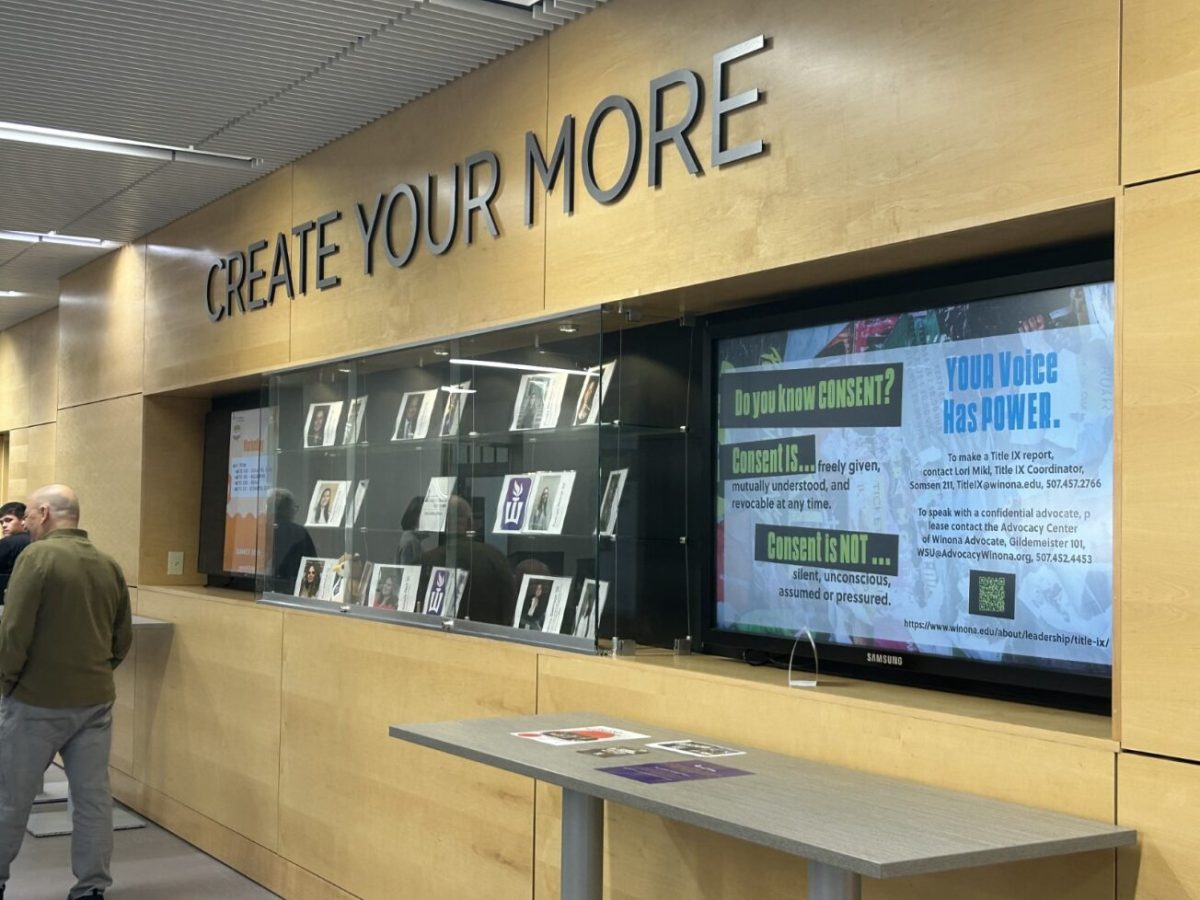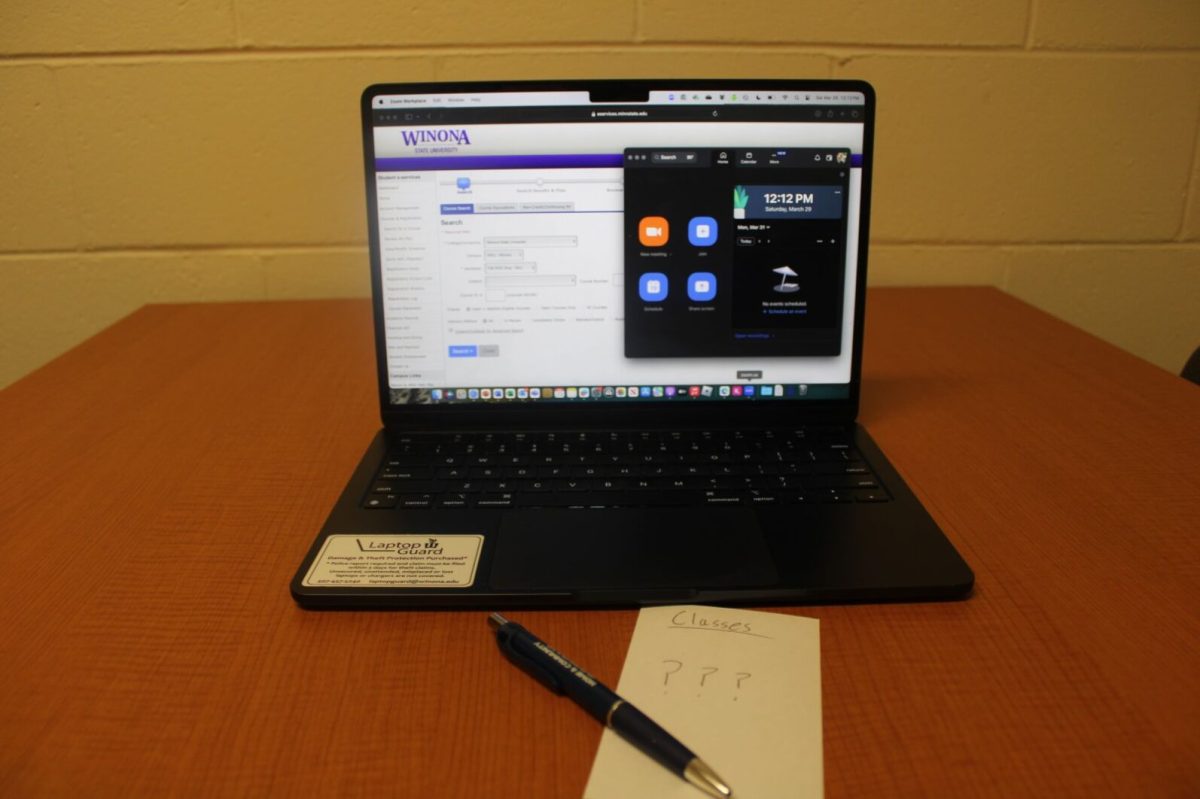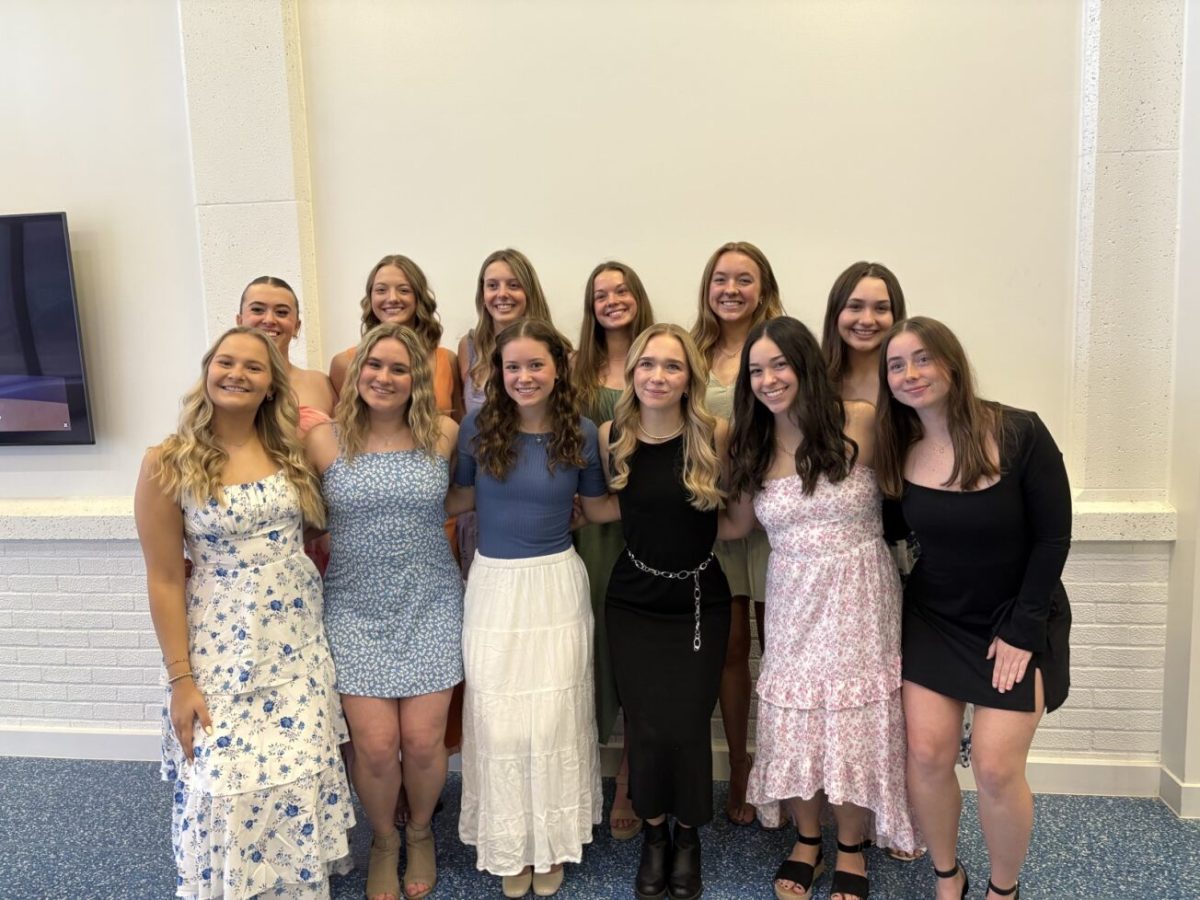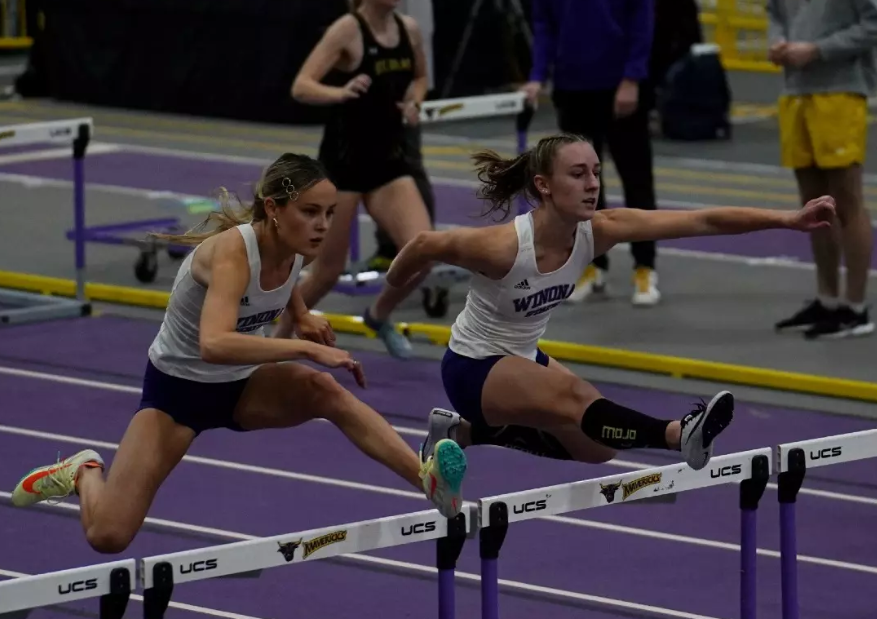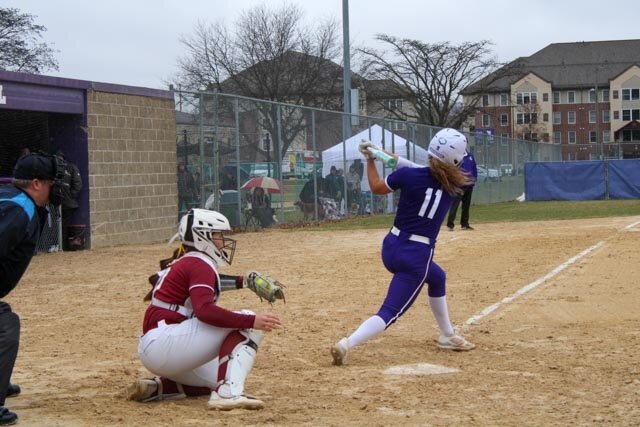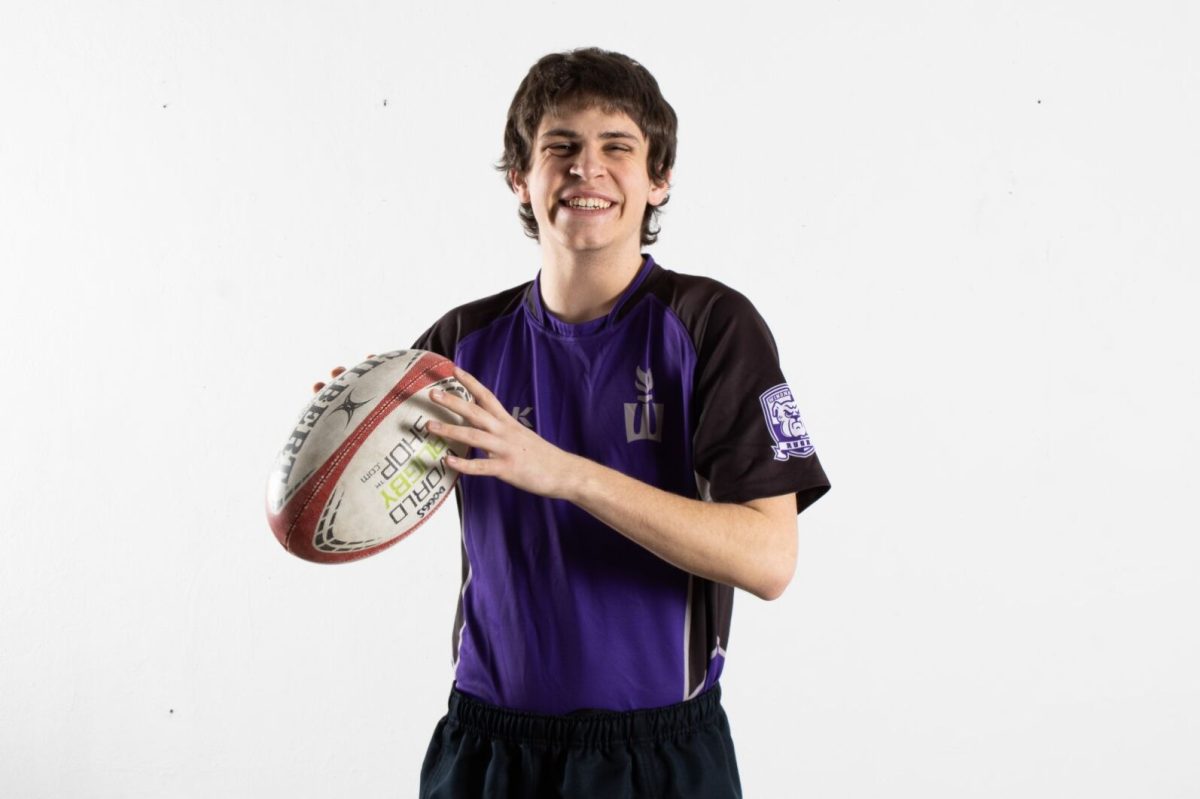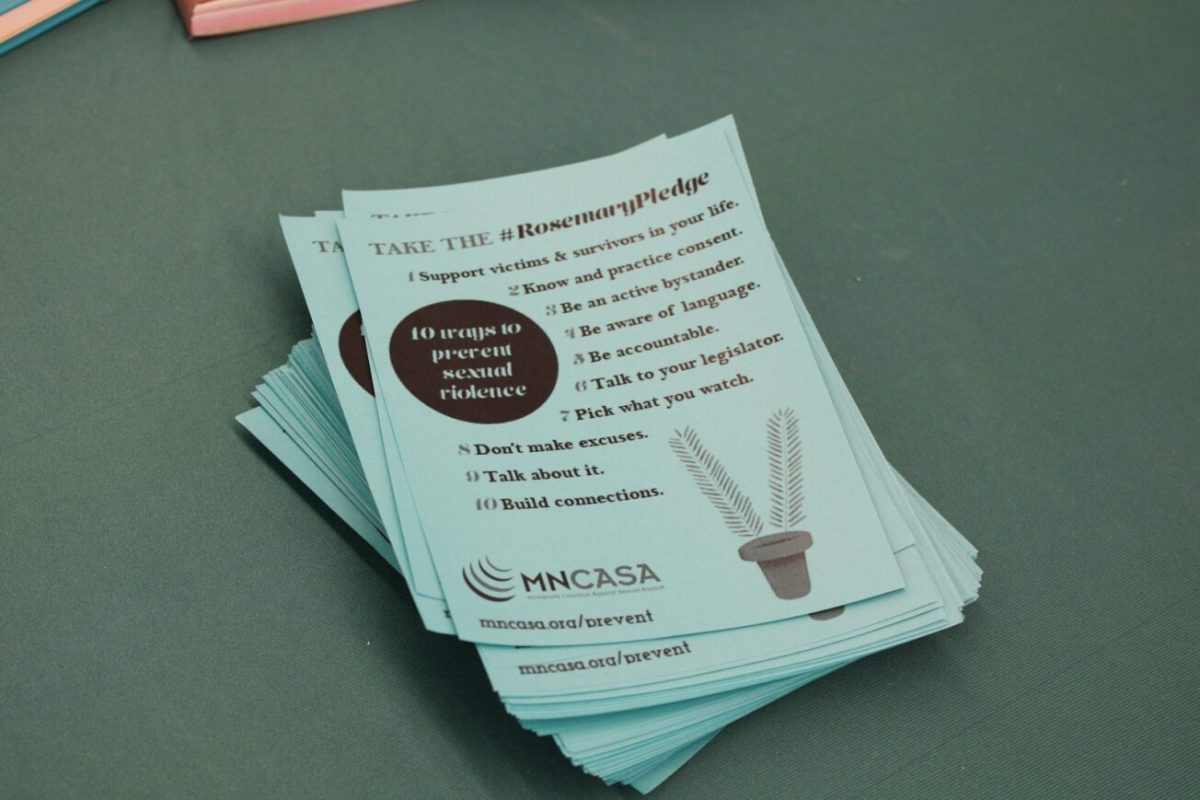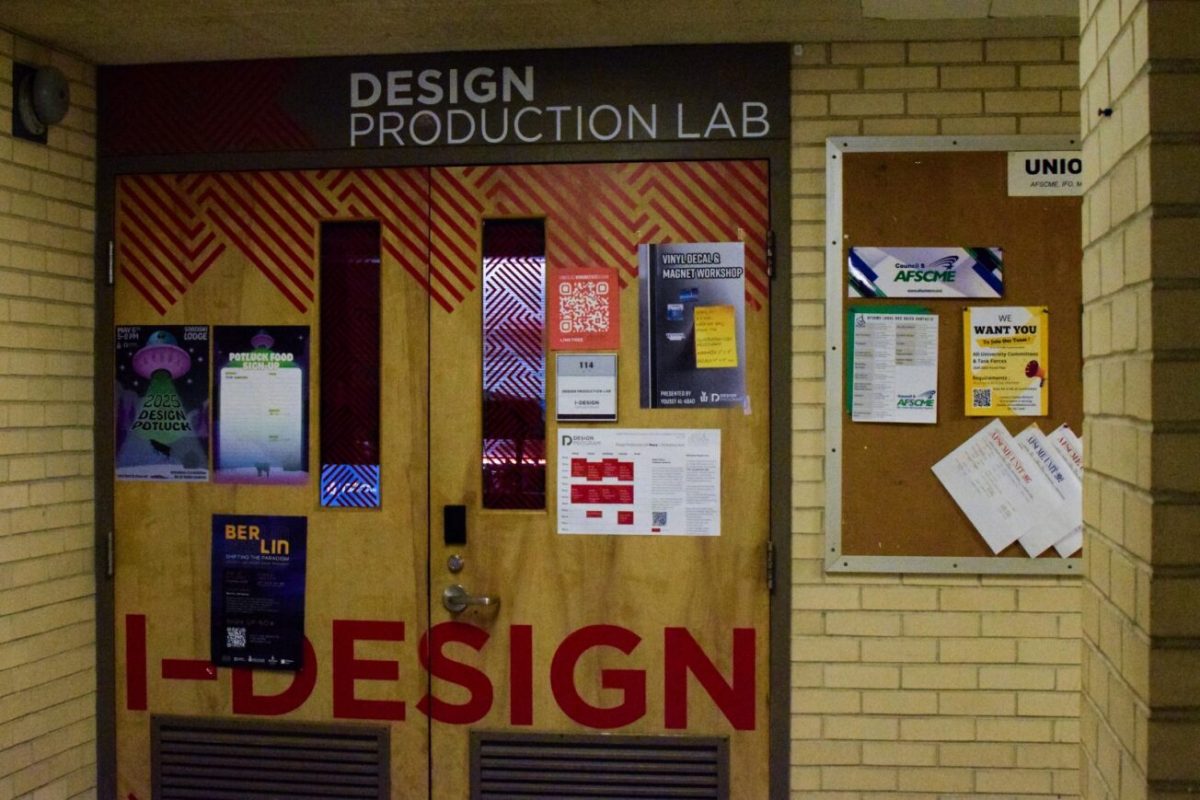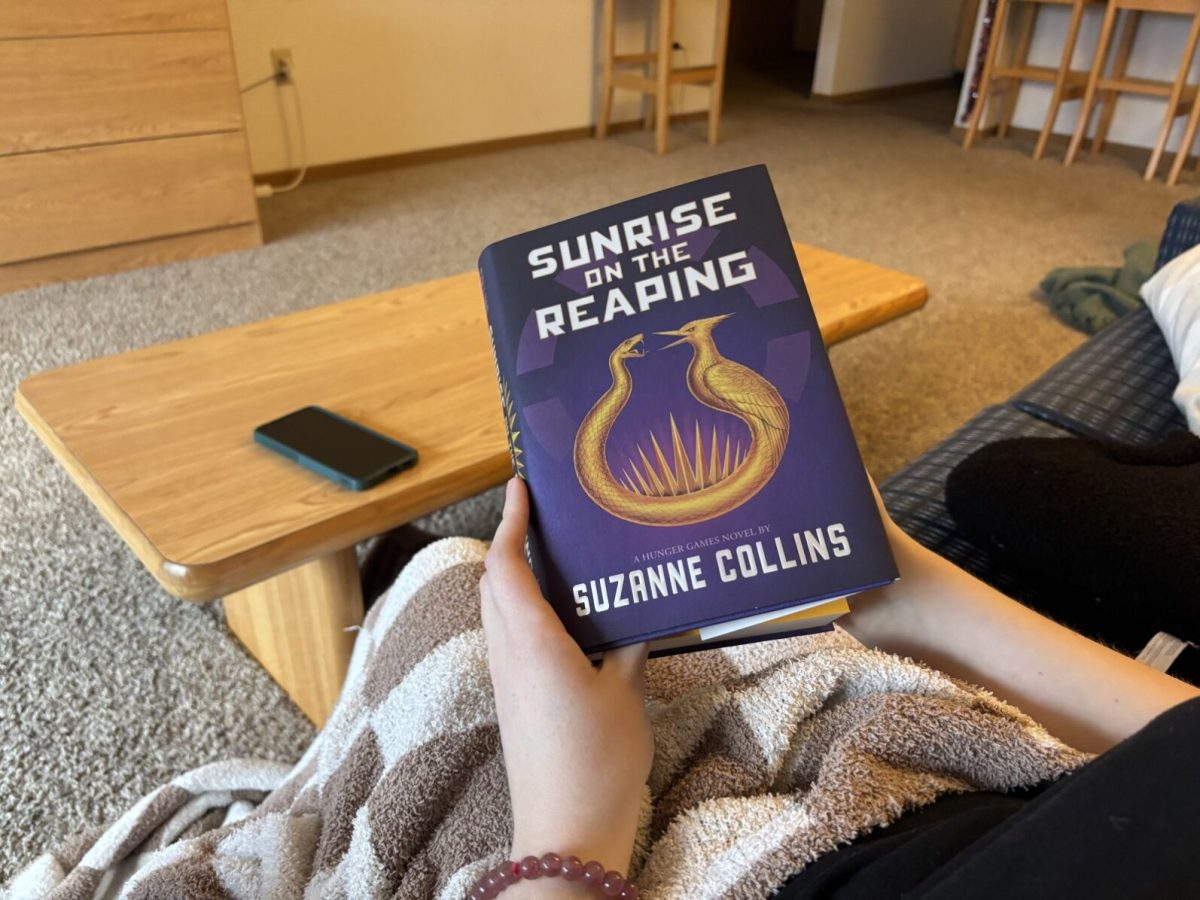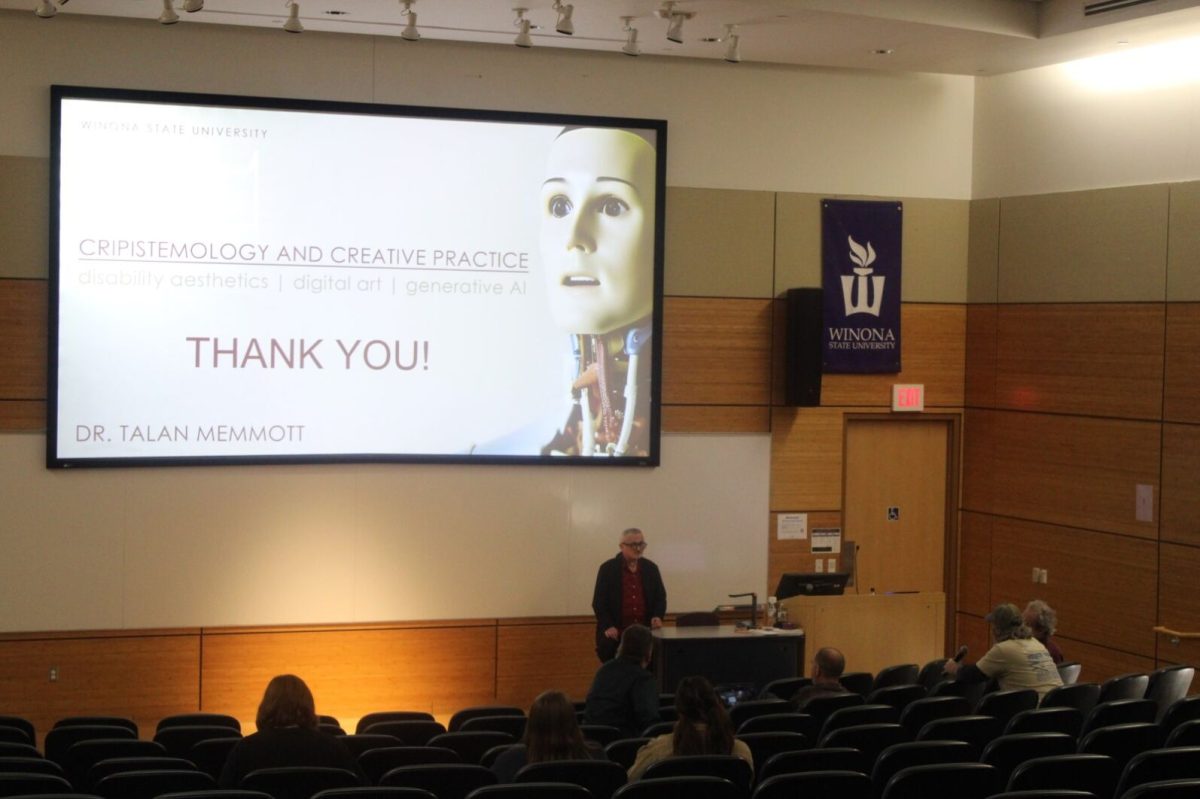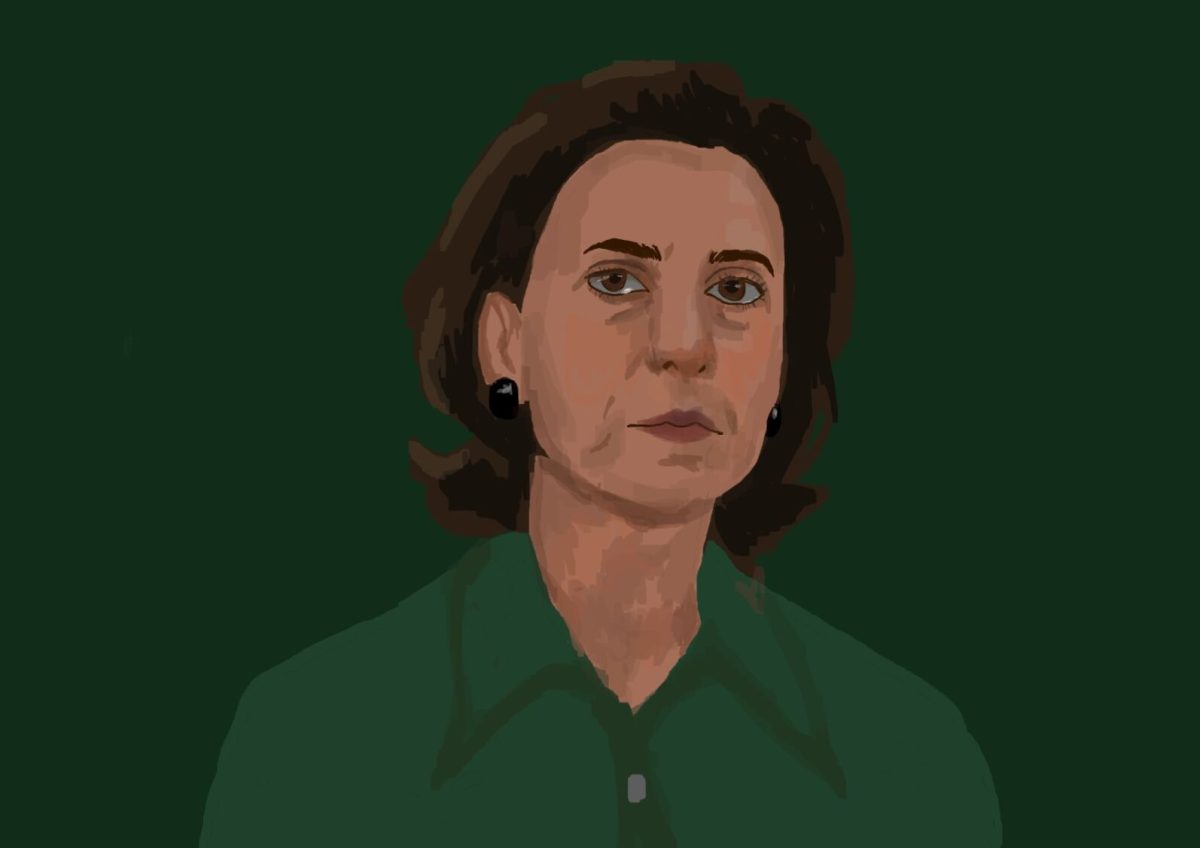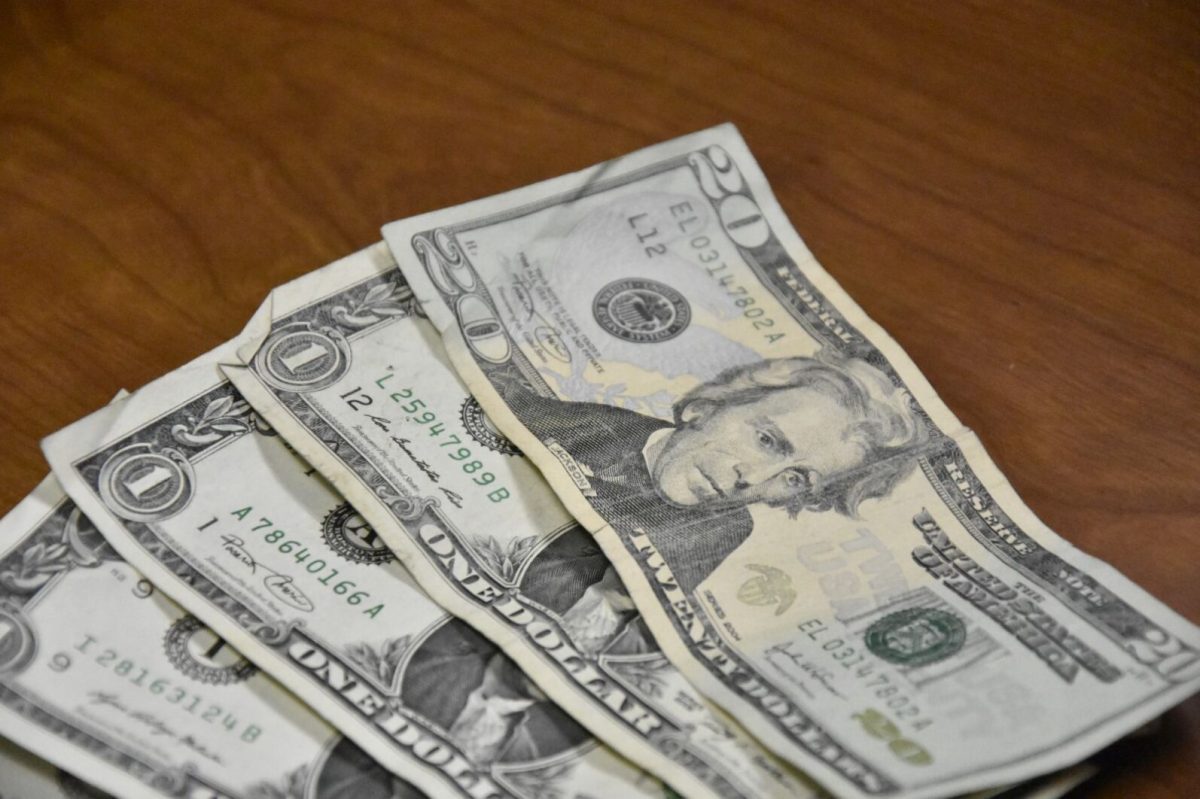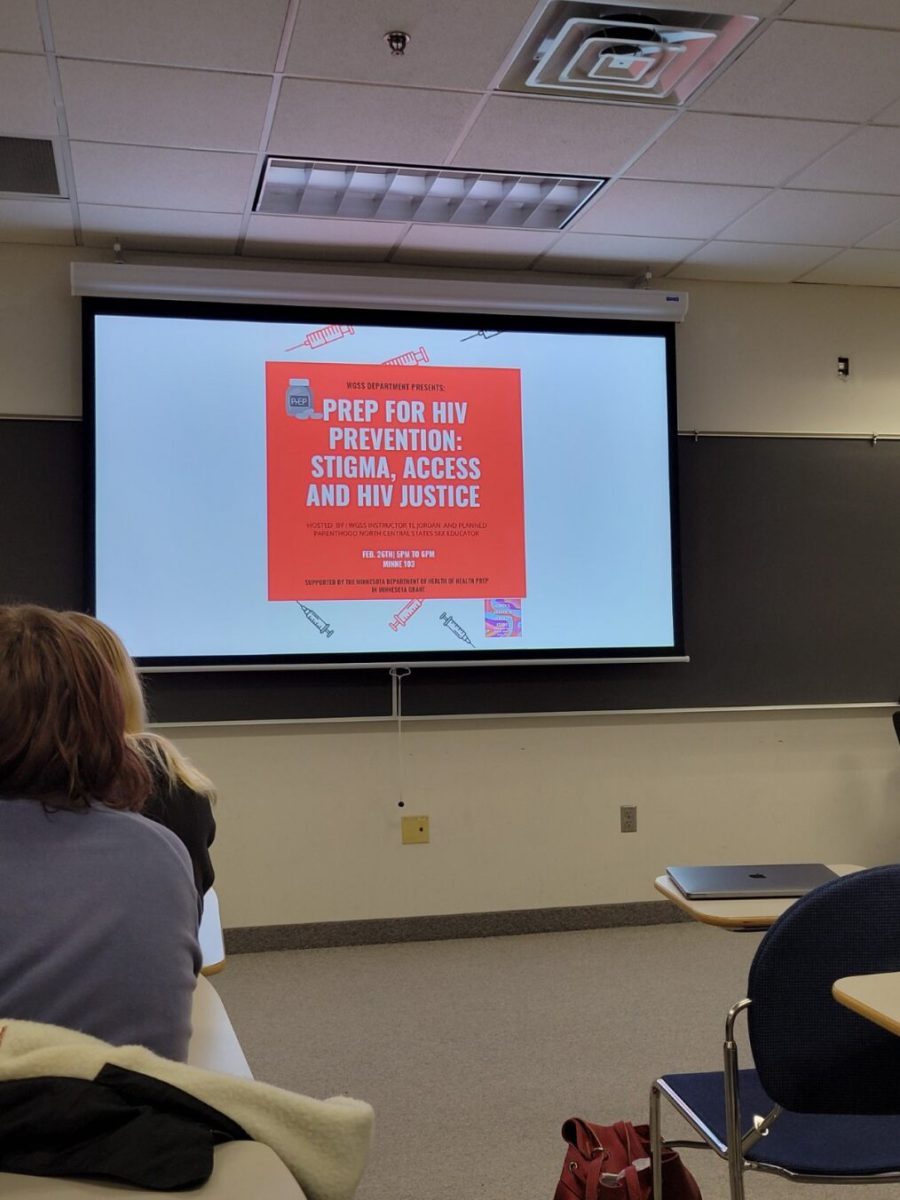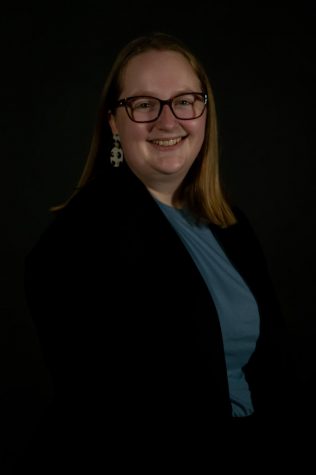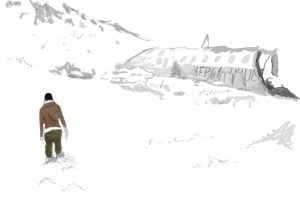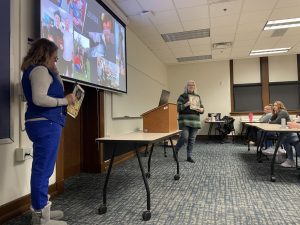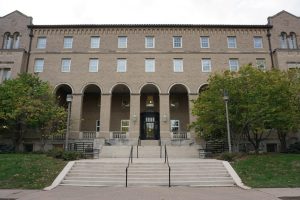Winona State reacts to international travel plans changes

March 25, 2020
In the wake of recent developments in COVID-19, international travel plans for faculty and students alike are being suspended through Aug. 31 for safety.
Within these groups of travelers are three main perspectives: those who have been abroad, those who were abroad and were seized home and those who aren’t allowed to travel because of the virus.
Dr. Mary Kirk, a professor of social work, and Dr. Amy Koehler, a professor of nursing, fall into the first category as recent travelers to Jamaica during Winona State University’s winter break.
Kirk and Koehler accompanied 16 Winona State students from the social work, nursing, criminal justice and sociology departments to Jamaica in early January 2020.
Maddi Peart, a junior social work major who attended the trip, spoke about the ways she thought her time in Jamaica would have been different if she had been there during the time of the outbreak.
“Some of the areas we spent time in were lower-income, so I’m not sure how readily available some of the necessary supplies would have been,” Peart said.
Peart also mentioned the openness of hospitals as one of the main cultural differences when it comes to responding to a large disease like COVID-19.
The professors and students stayed in the University of West Indies’ dorms which had close access to welfare and healthcare agencies.
From there, the trip became more rural with a focus on service-learning in a community setting, including an organized event with the local women’s center and presentations on hygiene.
As someone who has been on several faculty-led trips, Koehler reflected on how the virus has impacted her as part of the Winona State University staff.
“I’m so glad WSU responded the way they did, and we have been supported through so many different departments,” Koehler said.
Because Koehler is a professor in the nursing department, she also emphasized the importance of practicing social distance, good personal hygiene and preparedness over panic during updates on the pandemic.
For a student perspective’s on international travel, junior Dylan Johnson reflected on his time in Prague.
Johnson spent the fall 2019 semester in the Czech Republic, with “occasional visits to other central European countries, such as Germany, Slovakia and Hungary.”
As a transfer student from Truman State University, Johnson also touched upon the regulations for pandemics he saw while abroad.
“The guidelines for these kinds of issues were explicitly mentioned in the application; I felt very secure in the AIFS Prague program’s potential response to an outbreak,” Johnson said.
On his return though, and in light of recent events, Johnson sees his time in Winona as limited with COVID-19.
“The coronavirus has exacerbated feelings of distance from the Winona community for me,” Johnson said.
In the second category of international travelers are those who got to study abroad but were sent home because of the outbreak.
Alexa Jo Schafer, a psychology and communication studies major, chose to spend her fall semester in Florence, Italy.
Schafer says she anticipated the time away from home to be daunting, because she started new without friends and family in a foreign country, but she was also excited.
While there, Schafer was enrolled in The Science of Happiness, Italian Language, Travel Writing and Intercultural Communication courses.
Schafer was sent home on March 6 after intending to be there until May 15; all of her classes have been moved online.
“When I first got to Italy, I cried for hours, but I was even more upset when I found out I actually did have to come home.”
Schafer’s internship through the program’s study abroad office has also been suspended.
With miscommunications between her and the university in the midst of coming back, she faced frustrations.
Now that Schafer is back in the U.S., however, she said the university is “trying to help with costs of travel.”
Schafer says her ultimate hope for this experience is that she is offered a chance to go back during a future semester to get the experience she worked hard and paid for.
“Everyone has lost something due to this; the best we can do is take care of ourselves, practice gratitude and spread kindness,” Schafer said.
The third category of travelers are people who had plans to go abroad which have been suspended as of right now.
In these instances, the Fall 2020 timeline for study abroad is as follows: submit application for WSU approval, apply to partnership or international university, complete travel itinerary and then complete semester abroad.
For those who were looking to be abroad in Fall 2020, all pre-decision materials had to be in by March 1; from there, students were given one month to complete the post-decision materials which includes travel itinerary, airline information and class schedule while away.
For Hannah Weegman, the spread of coronavirus has suspended a trip to Ecuador that was supposed to last from May 9-25 as part of a civic engagement travel study.
The trip, Weegman said, was focused on working with Ecuadorians for three months in hiking-intensive environments.
In order to ensure a spot in her program, Weegman, like many other study abroad students, had to make a pre-payment of $500.
It is unclear as of now if refunds will be made.
“The most stressful part of the coronavirus news has been not knowing if I’ll get a refund for a trip I won’t get to go on,” Weegman said.
Beyond that, she thinks Winona State is doing all they can without a specific protocol to go off of and has tried to be empathetic in her current situation.
Another trip that waits in the balance is Dr. Jennifer Biederman’s Biodiversity of Belize trip.
Biederman said trips like these take about 15 months of planning and then time for student recruiting.
A total of 16 students were listed as intending to go to Belize in May.
The trip was supposed to be a “two-week immersive field course spent in two ecosystems: the tropical rainforest and on an island perched on the Barrier Reef” which Biederman called ‘iconic to the tropics.’
Biederman said that she is facing disappointment around the travel ban as she has been going to Belize for over 20 years, but she has also looked at the larger context on how Belize’s economy will face suffering as it is largely based on tourism.
]When the ban is lifted, Biederman encouraged everyone to find an opportunity to travel, whether it’s to the other side of the state or other side of the world.
She also said that ultimately, the experience of COVID-19 has taught her the privilege of freedom, travel and togetherness.
“We will have all of those things again—and will appreciate them all the more,” Biederman said.
The opinions expressed in this paper are not necessarily those of Winona State University, the Minnesota State Colleges and University system, or the Winona State University student body.



